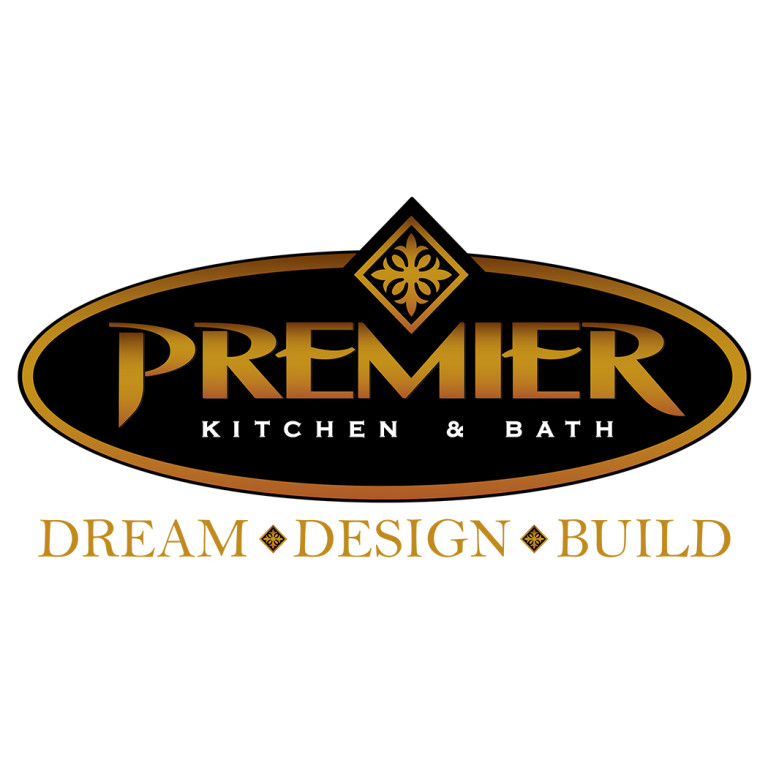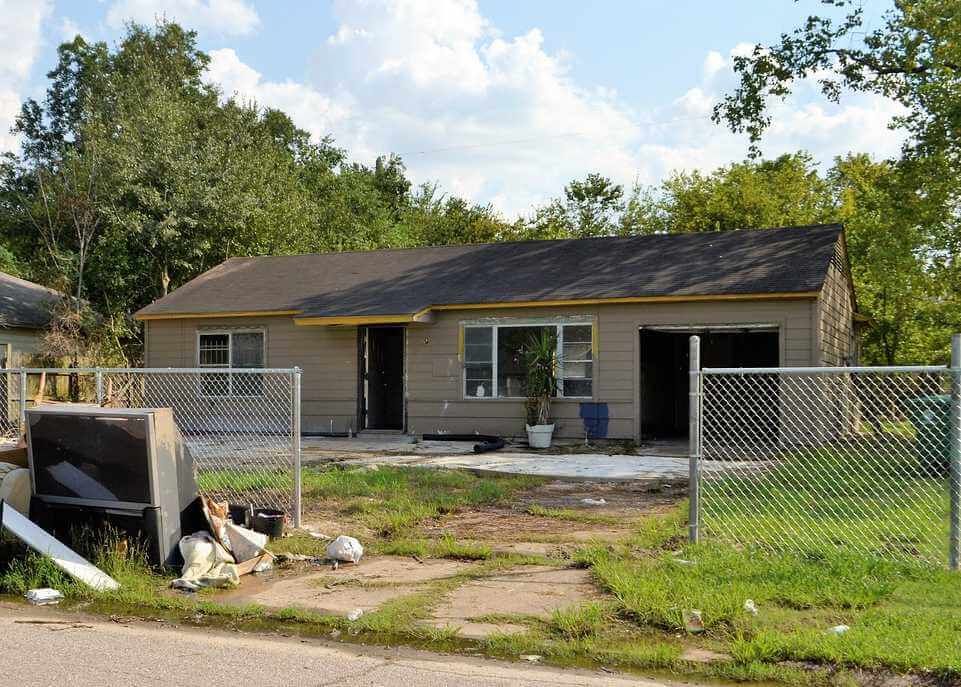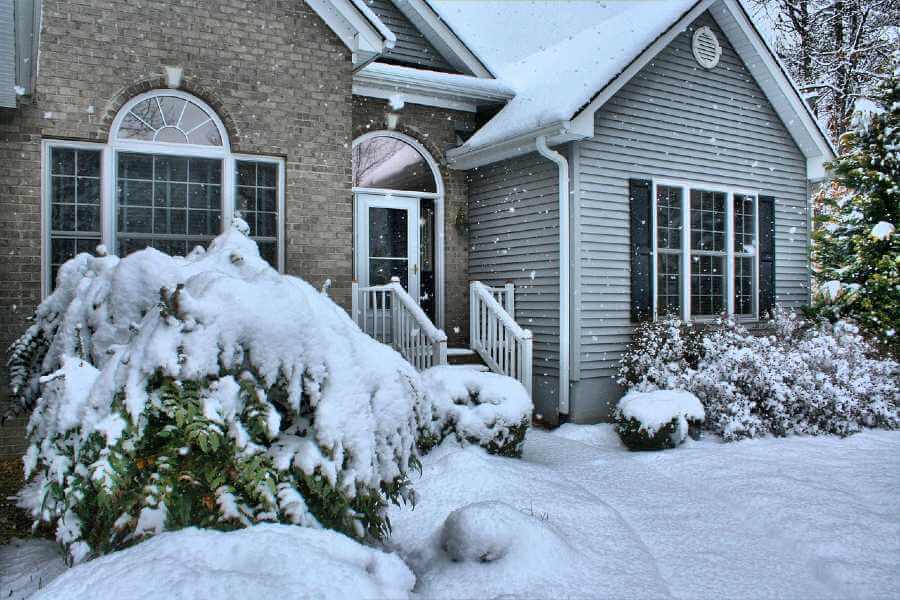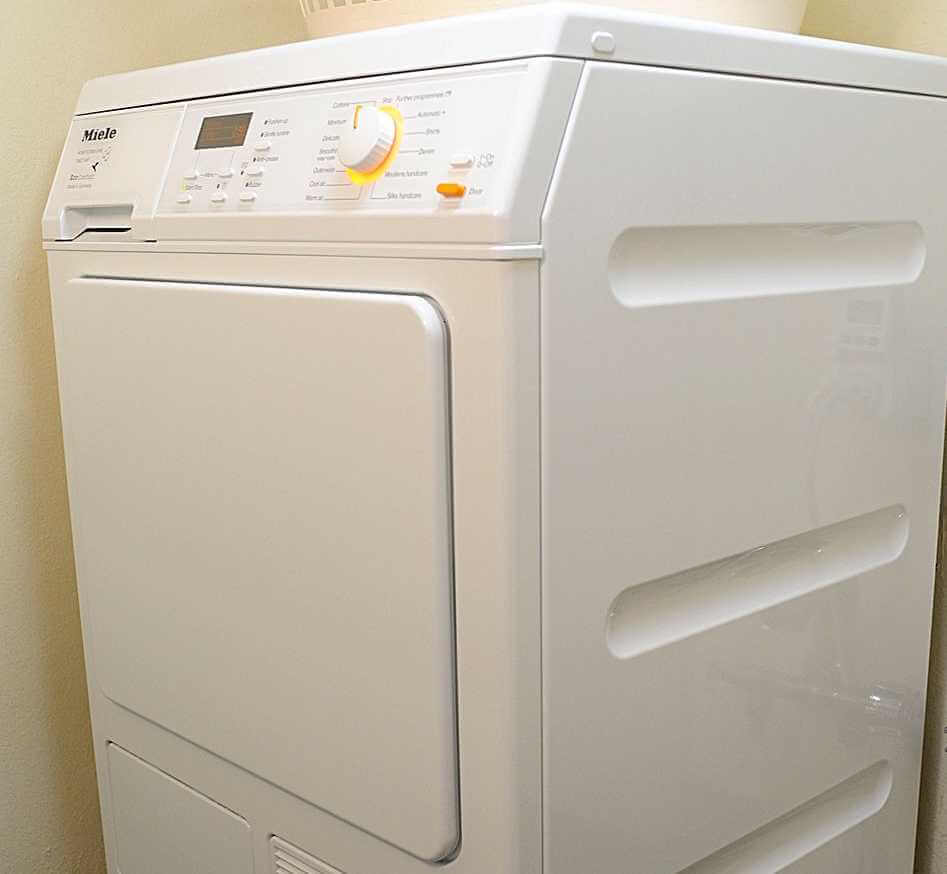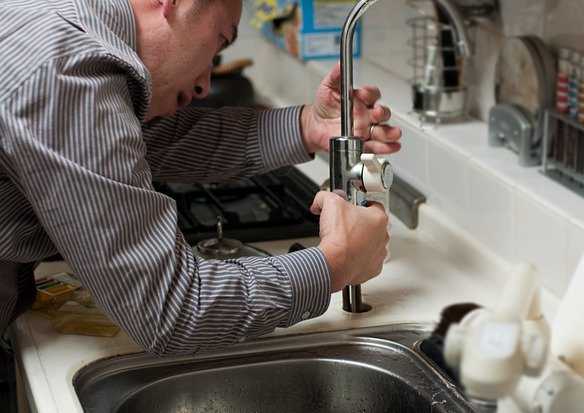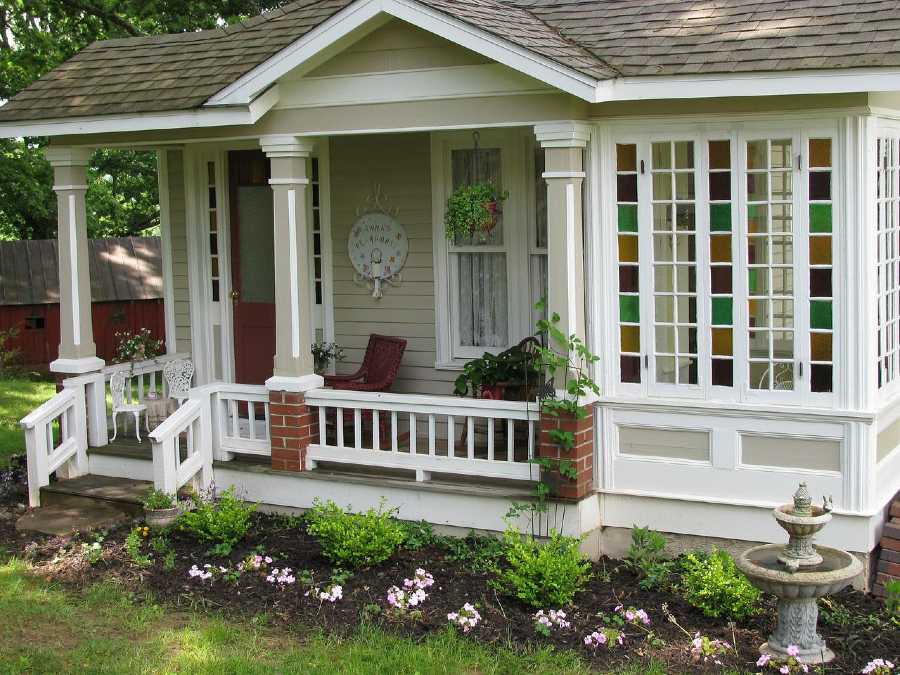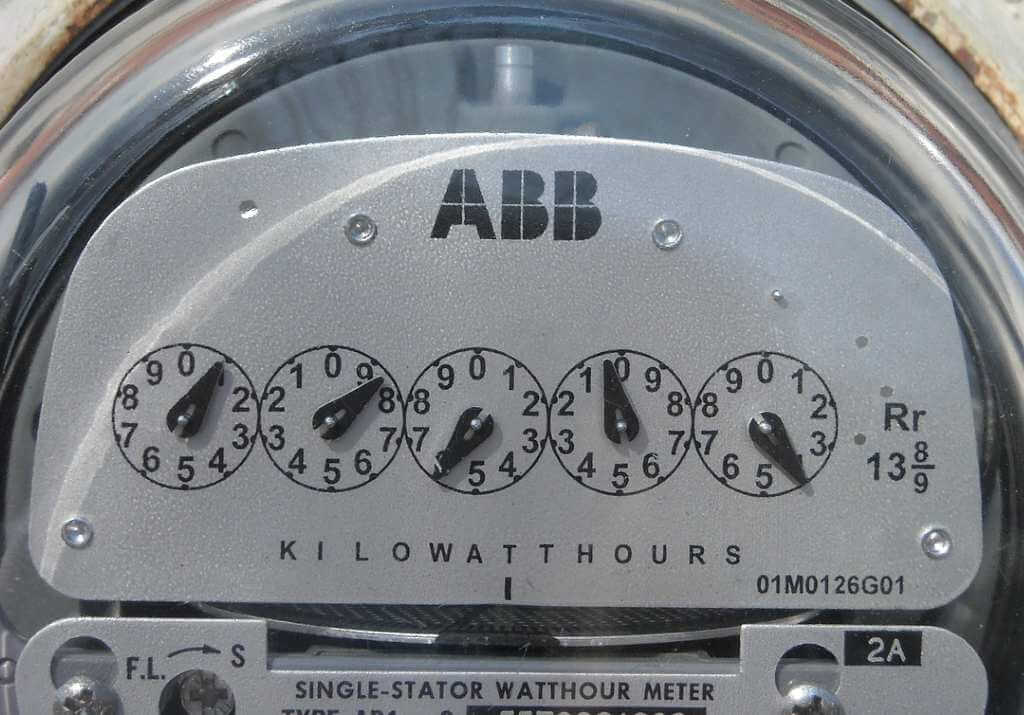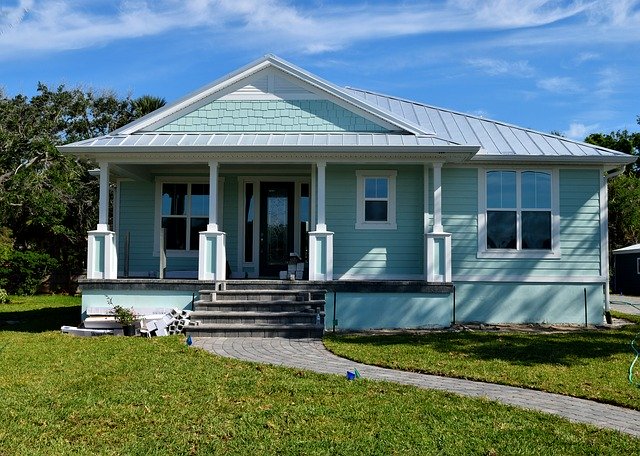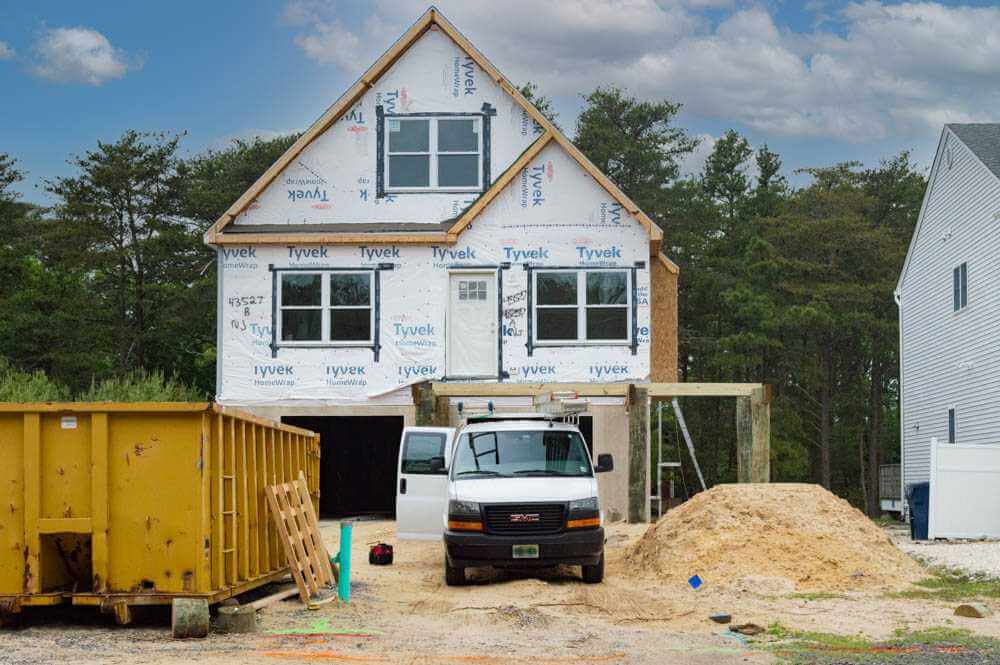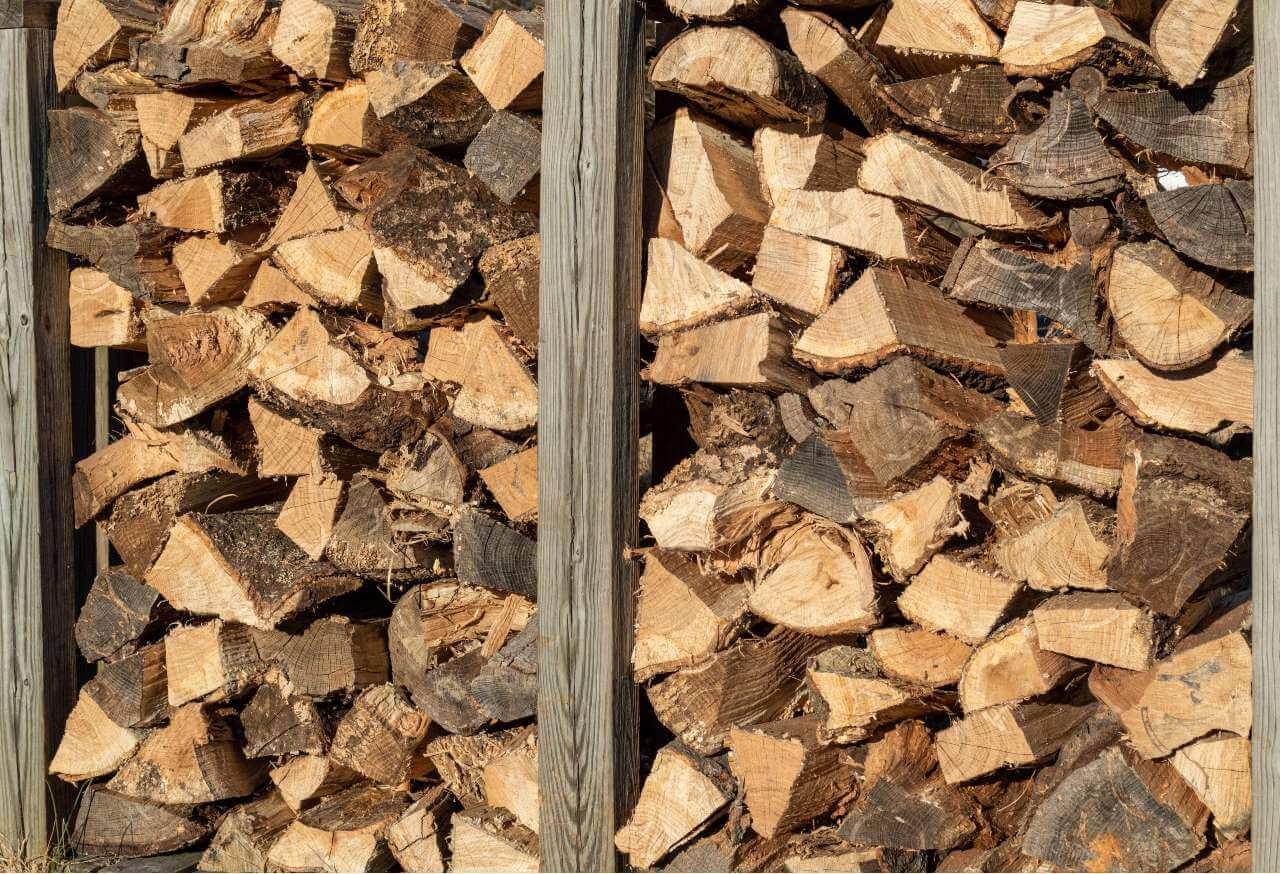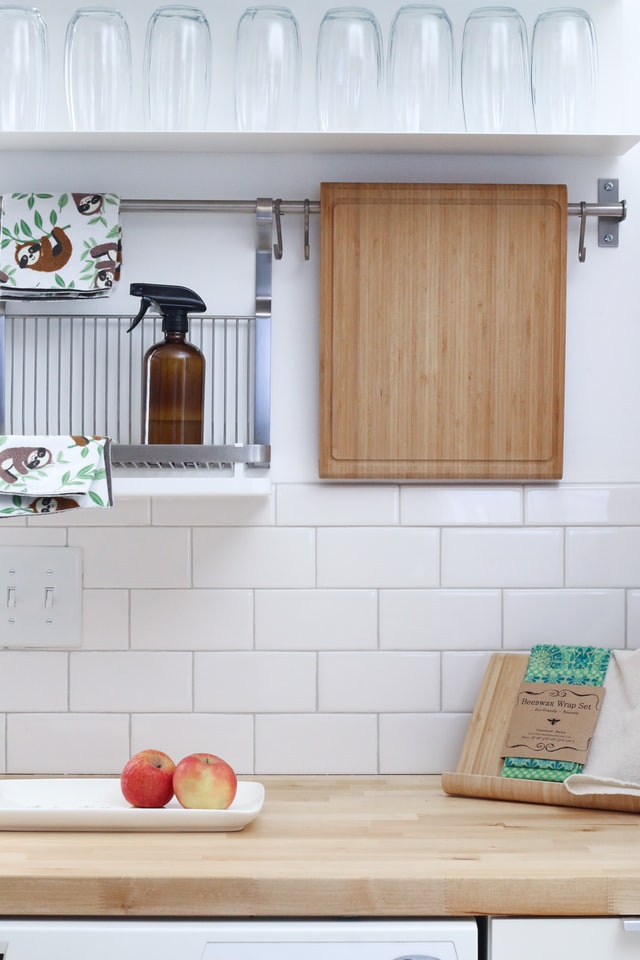DIY or Call a Home Improvement Pro? Knowing when a home repair job is too big or complicated. Photo by Robbin Higgins.
Owning a home means taking on a range of responsibilities, including maintenance and repairs. But when faced with a repair, it can be tough to decide whether to call in a professional or try your hand at fixing it yourself. While services like Angi’s List and Thumbtack can help you quickly hire a contractor, they offer little or no guidance on the DIY route. The key is to evaluate the task at hand and your own skills before deciding whether to invest in a home repair contractor or save money with a DIY approach.
Should You Do Home Repairs Yourself or Hire a Contractor?

Some repairs may require specialized skills or equipment, and attempting them without proper knowledge and experience can result in accidents or damage to your property. On the other hand, some repairs are simple enough for homeowners to handle themselves with the help of online tutorials and basic tools.
Before making a decision, assess your level of expertise, the time and resources needed for the repair, and the potential risks involved. If you’re unsure about the task, it’s best to seek the help of a qualified professional to ensure a successful and safe outcome.
Assess Your Skill level
You should evaluate your skill level to determine whether you have the knowledge and expertise to tackle the repair. If the job requires specialized skills or knowledge, it may be best to call in a professional contractor.
Complexity of the Repair
Assess the complexity of the repair to determine if it’s something you can handle. For example, replacing a light fixture may be an easy DIY task, but rewiring an entire room might be too complex and require the expertise of a professional electrician.
Availability of Tools and Materials
Determine if you have the necessary tools and materials to complete the repair yourself. If you don’t have the tools or materials, you’ll need to either purchase or rent them, which will add to the overall cost of the repair.
Potential Risks
Evaluate the potential risks associated with a repair before attempting it as a homeowner. For example, electrical repairs can be dangerous and should only be attempted by those with proper training and expertise.
Time and Cost of Home Repairs
Consider the time and cost involved in completing the repair yourself versus hiring a contractor. While doing the repair yourself may save money, it may also take longer to complete and could result in additional costs if mistakes are made.
By taking these factors into consideration, homeowners can make an informed decision about whether to take on a home repair project themselves or hire a contractor.
Common Home Repairs Homeowners Can Fix Themselves
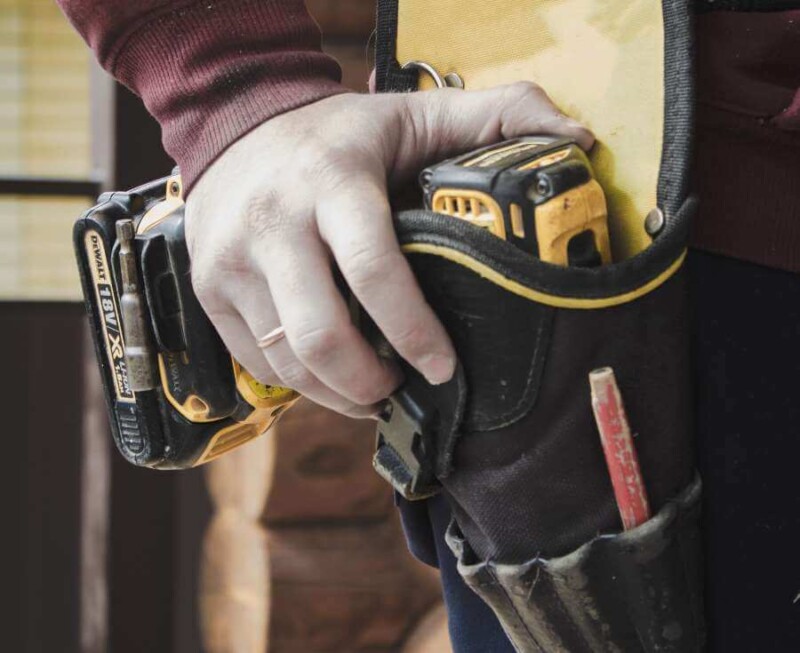
As a homeowner, you’re bound to face some basic home repair issues. While some may seem beyond your expertise, there are several common problems that you can easily fix yourself with some basic DIY skills and tools. Here are some examples of common problems and DIY instructions for fixing them:
Leaky Faucet
A leaky faucet is a common problem that homeowners can easily fix themselves. To fix a leaky faucet, turn off the water supply to the faucet, remove the handle, and tighten the packing nut with a wrench. If the faucet is still leaking, replace the washer or O-ring.
Unclog a Clogged Drain
A clogged drain is another common problem that homeowners can fix themselves. To fix a clogged drain, try using a plunger or a drain snake to remove the clog. If that doesn’t work, use a mixture of baking soda and vinegar to dissolve the clog.
Fix a Running Toilet
A running toilet is another common problem that homeowners can easily fix themselves. To fix a running toilet, remove the lid of the toilet tank and check the flapper valve to ensure it is sealing properly. If the flapper valve is not sealing, replace it.
If the flapper valve is not the problem, check the chain and the ‘guts’ of the toilet. The chain could be too long or too short, which can prevent the flapper valve from closing properly. Adjust the chain to ensure it is the right length. Additionally, check the alignment of the chain and ensure it is not twisted or caught on anything.
The guts of the toilet could also be causing the problem. Check that the fill valve is working correctly and that the float is set to the proper level. If the fill valve or float is not working correctly, it may need to be replaced. By adjusting these parts, homeowners can ensure their toilet operates correctly and doesn’t waste water. If replacement is necessary, these parts are relatively inexpensive and easy to replace.
Fix a Broken Light Fixture
If a light fixture is not working, homeowners can try replacing the bulb. If that doesn’t work, they can check the wiring and connections to make sure they are secure. If the wiring is damaged, it may need to be replaced.
Patching Drywall
Small holes or cracks in drywall can be easily patched by homeowners. To patch drywall, clean the area around the hole or crack, apply joint compound with a putty knife, and allow it to dry. Sand the area until it’s smooth and the patch is flush with the surrounding wall.
To repair larger holes in sheetrock, screw a small piece of wood behind the hole as a backer board, then cut a piece of drywall to fit the hole and attach it to the backer with screws (slightly recessed) or drywall adhesive. Apply drywall tape and joint compound over the seams and spackle over the screws, and allow it to dry. Sand the area until it’s smooth and the patch is flush with the surrounding wall, then apply a second coat of joint compound and sand it smooth before painting.
*Tip – for perfect drywall repairs add a third coat (or more) of drywall compound, thinning with small amounts of water as you go, and cover wider areas with a larger taping knife, tapering the joint compound away from the seams. The smoother the spackle is applied the less sanding it will need.
Cleaning Your Gutters
Cleaning your gutters is an important home maintenance task that can prevent water damage and protect your roof. To clean your gutters, use a ladder to access the gutters, scoop out any debris by hand, and use a hose to flush out the gutters and downspouts. Make sure to wear gloves and take safety precautions while working on a ladder.
Replace a Faucet
A leaking or malfunctioning faucet can be replaced by following the manufacturer’s instructions or watching online tutorials. You’ll need some basic tools, such as an adjustable wrench or pliers, to do the job.
Fix a Squeaky Door
Squeaky doors can be fixed by applying lubricant to the hinges or tightening loose screws. Types of lubricants that can be used to silence a squeaky door include silicone spray, graphite powder, or even a bar of soap.
By successfully fixing basic home repair problems like these, homeowners can gain a lot of confidence in their DIY skills and can also save a lot of money from a repairman’s house call. However, there are certain problems with the home that will be beyond your DIY abilities that you should probably call an expert repairman to solve.
Can I Repair My Own HVAC System?

A good example of knowing when to call in a pro instead of tackling the repair yourself is with the heating and cooling system of your home. HVAC contractors are professionally trained, certified professionals who have the experience and expertise to handle complex HVAC systems. Attempting to repair or replace parts of the system without the proper knowledge can lead to costly mistakes, and can even pose a safety hazard to you and your family. It’s recommended to call in a professional HVAC contractor to ensure that your heating and cooling system is repaired or installed correctly, safely, and efficiently.
However, while HVAC repairs or installations may require specialized knowledge and equipment, there are some simple HVAC troubleshooting tips and maintenance tasks that homeowners can do themselves. Here are some examples:
Change Air Filters Regularly
A dirty air filter can cause your HVAC system to work harder than necessary and increase your energy bills. Homeowners should change their air filters every 1-3 months to keep their HVAC system running efficiently.
Keep Outdoor Units Clear of Debris
Debris such as leaves, grass, and branches can clog your HVAC system’s outdoor unit, reducing efficiency and potentially causing damage. Homeowners should clear debris away from their outdoor unit regularly.
Check Thermostat Settings
Sometimes the issue with your HVAC system isn’t the system itself, but rather the thermostat settings. Homeowners should make sure their thermostat is set to the correct temperature and that it’s in the appropriate mode (e.g. “heat” or “cool”).
Check Circuit Breaker
If your HVAC system suddenly stops working, it’s possible that the circuit breaker has tripped. Homeowners can check their circuit breaker and reset it if necessary.
While these tips won’t solve all HVAC issues, they can help troubleshoot and maintain the heating and cooling system to prevent problems and prolong the life of their equipment. But for more complex issues or major repairs, it’s always best to call in an HVAC professional to ensure proper and safe repairs.
Know When to Call in a Pro! Home Repairs You Shouldn't DIY
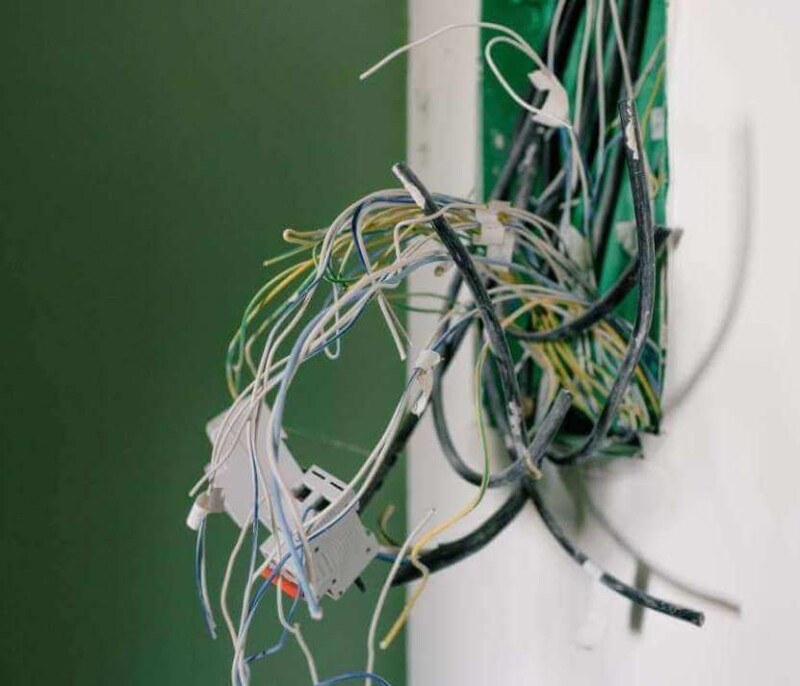
Here are some problems with the home that homeowners should probably call an expert to repair, unless you have specific skills or are trained in the necessary repairs:
Electrical repairs, beyond simple fixture replacements or switch upgrades
Electrical repairs can be dangerous and even fatal if not handled properly. Homeowners should call an expert for electrical repairs that involve rewiring, panel upgrades, or anything beyond basic fixture replacements or switch upgrades. Improper electrical work can result in electrocution, fire, and other hazards.
Plumbing repairs, beyond simple drain unclogging or faucet/toilet repair
Plumbing repairs can lead to water damage if not done correctly. Homeowners should call an expert for plumbing repairs that involve replacing pipes, fixing leaks, or anything beyond basic drain unclogging or faucet/toilet repair. Improper plumbing work can result in water damage, mold growth, and other hazards.
Structural repairs or modifications, such as foundation issues or wall removal
Structural repairs require specialized knowledge and expertise. Homeowners should call an expert for structural repairs or modifications that involve foundation issues, wall removal, or anything beyond minor repairs. Improper structural work can result in collapse, foundation failure, and other hazards.
HVAC repairs or installations
HVAC repairs or installations require specialized knowledge and equipment. Homeowners should call an expert for HVAC repairs or installations that involve complex systems or anything beyond basic maintenance. Improper HVAC work can result in inadequate heating or cooling, increased energy bills, and other hazards.
Roof repairs or replacements
Roof repairs or replacements can be dangerous and require specialized equipment. Homeowners should call an expert for roof repairs or replacements that involve major damage or anything beyond minor repairs. Improper roofing work can result in leaks, water damage, and other hazards.
Also, performing roofing repairs yourself involves climbing ladders and navigating a sloped or pitched roof that you might not be able to walk safely on. It’s always better to leave it to the professionals who are trained to work at heights and have the necessary safety equipment to prevent accidents.
So basically, average homeowners should call an expert for any repairs that involve a risk of injury, property damage, or inadequate workmanship. It’s important to know when to DIY and when to call in a professional to ensure the safety and well-being of yourself and your home.
Best Resourcess to Learn DIY Home Repair
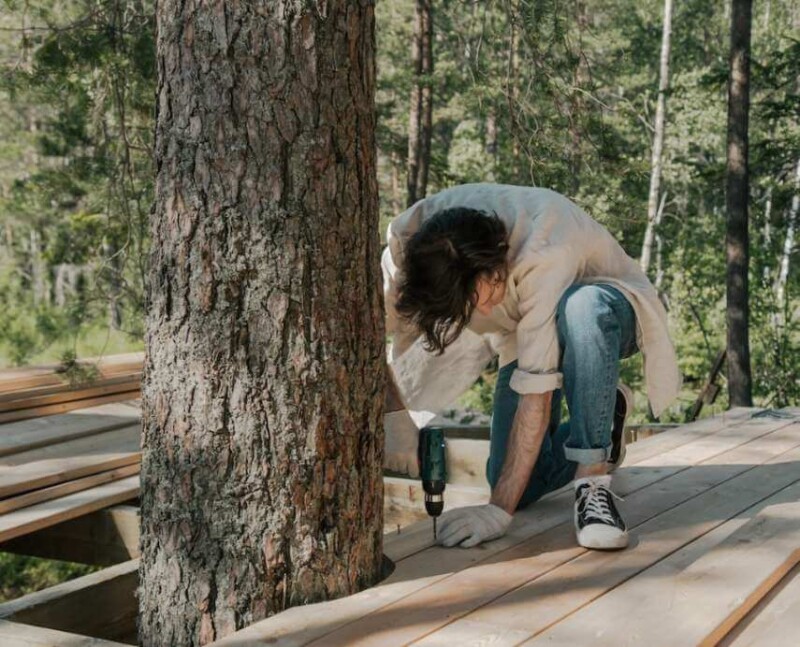
To learn how to do basic home repairs yourself, you can find a wealth of resources online and offline. One of the best places to start is YouTube, where there are countless DIY videos on everything from fixing a leaky faucet to replacing a light fixture.
Many hardware stores also offer classes and workshops on basic home repairs, which can be a great way to learn hands-on skills and ask questions. Home improvement books and magazines are other excellent resources, providing step-by-step instructions and illustrations for various home repair projects.
Also, there are many home repair websites and forums that offer tips, advice, and how-to guides on a wide range of home improvement topics, such as FamilyHandyMan.com. By taking advantage of these resources, all homeowners can become more confident in their abilities to tackle common home repairs and save money hiring professional services.
Tips for Finding the Right Home Improvement Advice on YouTube
YouTube can be a great resource for DIY tutorials, but with so many videos available, it can be difficult to know where to start. Here are a few helpful tips on how to find the right videos on YouTube for specific home repair problems:
Search for specific keywords
Use specific keywords related to the home repair problem in the search bar to narrow down the results.
Here are some common keyword examples for looking for home repair videos on YouTube:
- “How to fix a leaky faucet”
- “Unclogging a drain”
- “How do I repair a squeaky door”
- “How to patch drywall holes”
- “How to install a ceiling fan”
- “How to replace a light switch”
- “How do I replace an electrical outlet?”
- “How to clean gutters”
- “How do I fix a cracked tile”
- “How to paint a room”
By being even more specific and detailed in your YouTube home repair search, you’ll increase the likelihood of finding a video that matches your unique situation and provides effective solutions to your home repair problem.
- “How to unclog a shower drain with standing water“
- “Steps for replacing damaged tile in kitchen backsplash”
- “Easiest method to patch small drywall hole”
- “Repair crack in driveway using concrete filler“
Look for high-quality videos
Choose videos that are well-produced, have good lighting and sound and are easy to follow.
Check the credibility of the source
Look for videos from reputable sources such as professional contractors, home improvement experts, or reliable DIY channels with a large following.
Read comments and reviews
Read the comments and reviews on the video to see if others have found the video helpful and if the suggested solutions have worked for them.
Watch multiple videos
Watch several videos on the same topic to get a variety of perspectives and tips, and to determine which video provides the clearest and most helpful instructions. Look for videos that are concise and to the point. Videos with detailed descriptions are usually more informative and reliable than those with little information. Look for videos that provide a clear overview of what the video covers.
Be cautious of overly complicated solutions
Be wary of videos that offer overly complicated solutions to simple problems, as they may not be necessary or could even make the problem worse.
Conclusion
Properly performed home repairs and maintenance are essential for ensuring the safety, functionality, and longevity of a home. While it can be tempting to tackle these tasks on your own, it’s important to know your limits and seek professional help when necessary.
By understanding common home repair problems and following basic DIY tips, homeowners can save money and gain confidence in their skills. However, it’s equally important to prioritize safety and quality over saving money and to seek advice from professional contractors when needed.
Doing research, seeking advice, and finding trusted resources can help us make informed decisions, and ensure our homes are well-maintained and properly repaired. Remember, investing in your home now can save you time, money, and headaches down the road.
Get Your Home Repair Questions Answered and Attract Local Contractors with HelpHouse.com!
As a newcomer in the home improvement and maintenance service, we need your questions to help grow our directory of trusted local contractors. By posting your question, not only will you get the answers you need and others with the same problems, but contractors in your area will see your post and have the opportunity to join our directory. Help us build a community of homeowners and contractors by signing up today!
If you’re a contractor looking to grow your business, list your services on HelpHouse.com to connect with homeowners in your area and expand your reach.


